Advanced Synthesis, Catalytic Systems and New Catalyst Designing
Advanced Synthesis & Catalysis focuses on the development and use of efficient synthetic techniques and strategies in organic bioorganic pharmaceutical natural product macromolecular and materials chemistry to stimulate and advance that process. Natural products, medicines, macromolecules, and organic materials are all possible objectives for synthetic research. While catalytic methods based on metal complexes or enzymes are becoming increasingly important in achieving synthetic efficiency, Advanced Synthesis & Catalysis encompasses all areas of interest to the practical synthetic chemist, including synthesis design, reaction techniques, separation science, and process development.
Catalytic systems are made up of a metal and a ligand, as well as an activator and a deactivator.
The efficient design and development of catalysts is critical to addressing today's energy and resource utilisation concerns. Effective catalyst design, on the other hand, is a multi-step process that starts with the production of potential catalytic materials, then evaluates and modifies their properties with the goal of increasing catalytic activity for a certain reaction or reaction network.
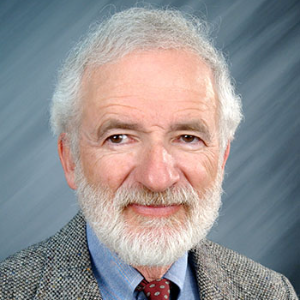
Arthur J Nozik
University of Colorado, United States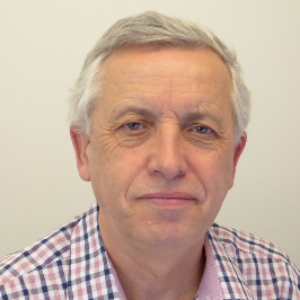
Stanislaw Dzwigaj
Sorbonne-Universite-CNRS, France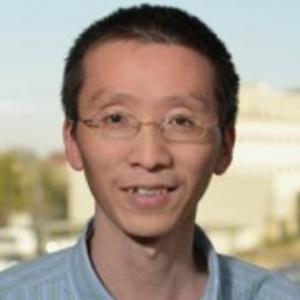
Haibo Ge
Texas Tech University, United States
Ashanendu Mandal
University Of Calcutta, India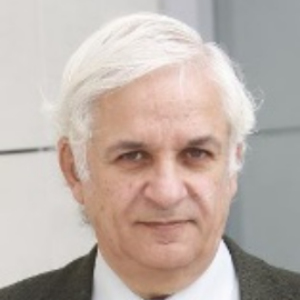
Victor Cerda
Sciware Systems, Spain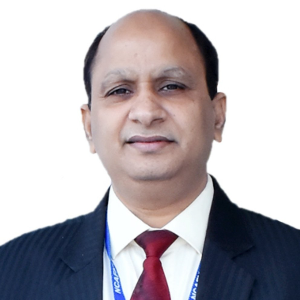
Tokeer Ahmad
Jamia Millia Islamia, India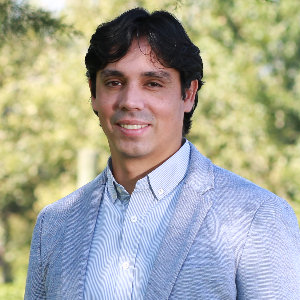


Title : Application of metal Single-Site zeolite catalysts in catalysis
Stanislaw Dzwigaj, Sorbonne-Universite-CNRS, France
Title : Designing of nano-sized heterostructures for hydrogen production using overall water splitting
Tokeer Ahmad, Jamia Millia Islamia, India
Title : United Nations’ strategy responding to climate change
Dai Yeun Jeong, Asia Climate Change Education Center, Korea, Republic of
Title : Thermal and mechanical processes and reactions in reversible behavior of shape
Osman Adiguzel, Firat University, Turkey
Title : An innovative magnetic resonance spectroscopic method for catalysts’ activities
Mohamed A Morsy, King Fahd University of Petroleum & Minerals, Saudi Arabia
Title : Engineering stable, expressible, functional industrial enzymes with protein sequence likelihood models
Shawn Reeves, University Of Waterloo, Canada